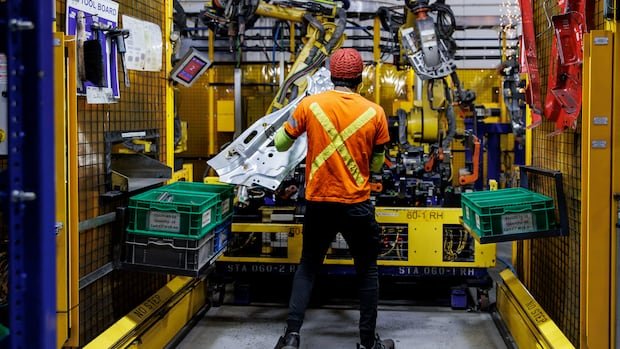Canada’s job market showed resilience in September as the economy added 60,000 new jobs, surpassing expectations. The manufacturing sector, particularly affected by tariffs, saw a significant boost with the addition of 28,000 jobs, its first increase in employment since January amid trade tensions.
Economist Brendon Bernard highlighted that trade-exposed industries still face uncertainty due to tariffs but noted the industry’s stability in the near term. The job gains were primarily seen in Ontario and Alberta, offsetting a portion of the 58,000 manufacturing jobs lost earlier in the year.
Despite a stagnant unemployment rate of 7.1%, more individuals entered the workforce, contributing to the addition of 106,000 full-time jobs while part-time employment declined. BMO chief economist Douglas Porter commended the job report, stating it exceeded expectations and reversed the weak trend from the previous month.
Notable job gains were observed in health care, social assistance, and agriculture, while wholesale and retail trade experienced a decline in employment. Alberta led in job creation with 43,000 new positions, followed by New Brunswick and Manitoba. Average hourly wages also saw an increase of 3.3% compared to the previous year.
Porter emphasized that Canada’s economy remains stable amid trade uncertainties, with employment inching up slightly since early in the year. The upcoming inflation report and Bank of Canada meeting in October will provide further insights into the economic outlook.

